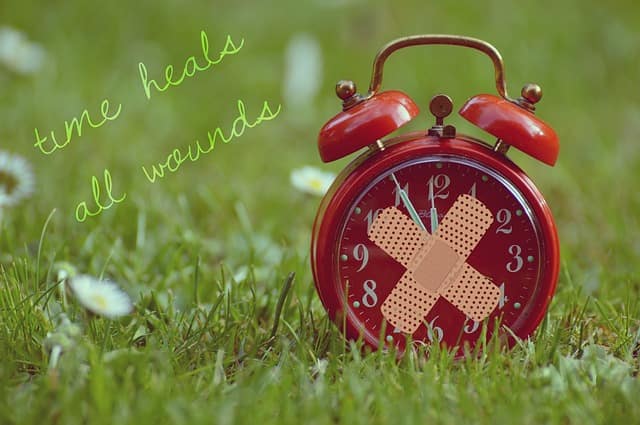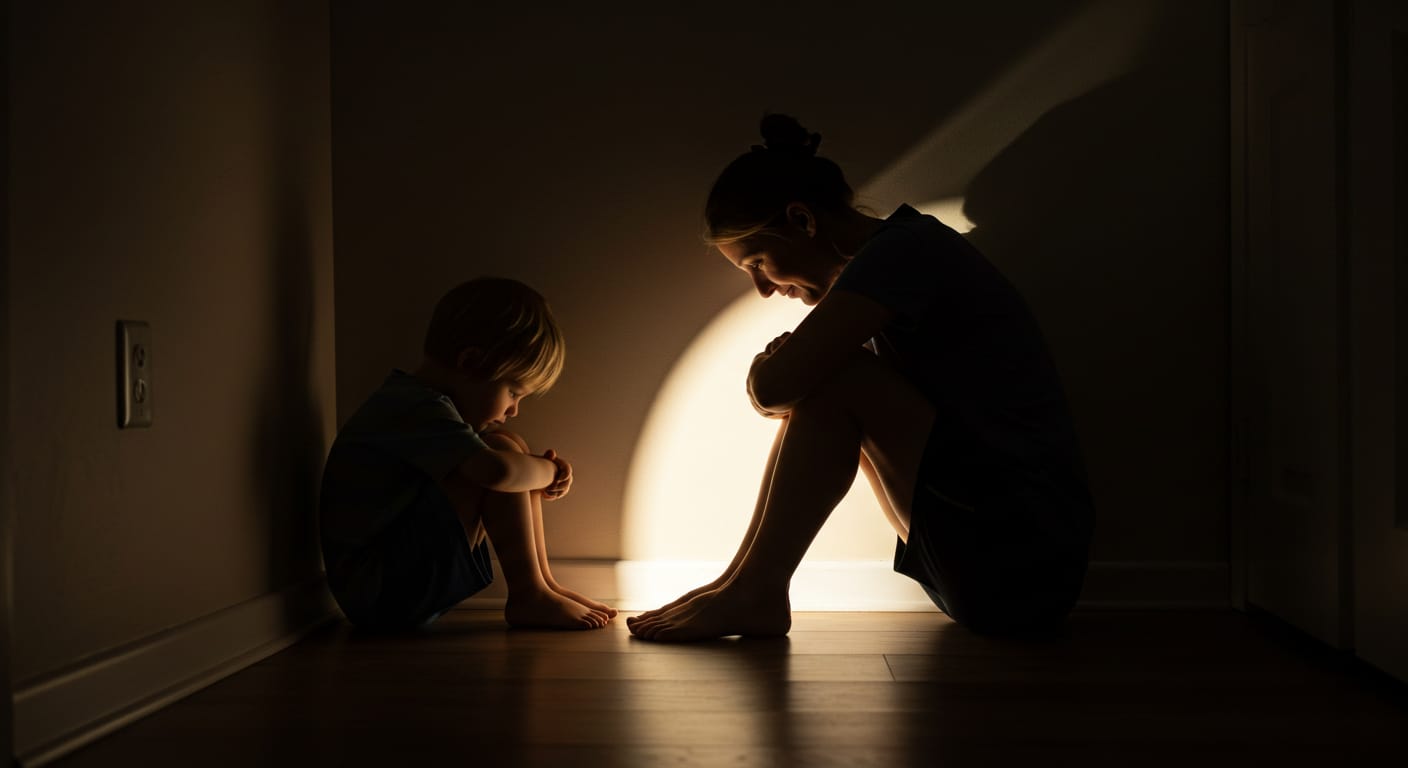Healing Takes Time
Parental love is essential for healing our inner child. Parents provide more than just food, shelter, and support—they shape how we perceive the world and ourselves. Your relationship with your parents becomes the foundation for nearly every adult relationship you will have.
When that love is withdrawn, the emotional and psychological impact on a young child can be devastating.
“She held herself until the sobs of the child inside subsided entirely. I love you, she told herself. It will all be okay.”
— H. Raven Rose
A Wounded Child Needs Time to Heal
When children are emotionally abandoned or left behind, they often blame themselves. They wonder, “Am I not smart enough? Not lovable enough? Not good enough?” Their self-worth gets tangled in their parents’ absence.
Some write heartbreaking letters to their missing parents—letters filled with confusion, sorrow, and anger.
A Letter to Absent Parents
Why do you hate me? Why did you leave mom? We waited… I waited… but you never came home. Is it because I’m not smart enough? Or because I don’t always listen? You said you’d come back. You always say that… but you never do. And now I feel like I was never good enough to be loved.
This kind of pain leaves deep scars. Many children who grow up feeling emotionally abandoned struggle with depression, anxiety, and an inability to trust. The wounds carry into adulthood, affecting their relationships and self-image.
Support, Love, and Patience: The Path to Inner Healing
Whether you’re healing your own inner child or supporting someone else, the first step is always creating a safe, caring environment—one that validates pain without shame.
Understand that abandonment, while deeply personal in feeling, is not a reflection of your worth. Often, parents who leave are themselves wounded children, repeating cycles of neglect they once endured.
Acceptance Is the First Step
Abandonment is real—and painful. But healing begins with acceptance.
-
Accept that you were hurt.
-
Accept that you didn’t deserve it.
-
Accept that healing is possible—even if it takes time.
This process doesn’t mean forgetting or excusing. It means recognizing the pain so that it can finally be released.
Healing Is a Work in Progress
Feelings of sadness, anger, and loneliness are part of your healing story. The goal is not to erase them, but to channel them into growth. Journaling, art, therapy, and affirmations can all be powerful tools.
The decision your parent made was not your fault.
There was nothing you could have done to change it.
You were always enough.
Let the Healing Begin
Children who’ve been abandoned often grow into adults afraid to love, to trust, to be seen. They hide their pain even from themselves. But hiding isn’t healing.
You have to acknowledge your suffering, your loneliness, your shame—and forgive yourself for holding on so tightly. You were doing your best to survive.
Embrace the brokenness. Then slowly, with love and patience, begin to stitch it back together.
Forgiveness is the salve. Time is the thread. Love is the needle.
How have you begun healing your inner self? Leave a comment below or share a letter to your inner child.



I don’t understand how a parent can leave a child behind, but sadly it’s all too common.
A very thought provocing article, I don’t think people realise how deeply children are affected by parents leaving the home or how far into the future it affects them.
I have seen that video and it brings tears to my eyes. I was lucky to not have abandonment issues because my parents are always present in my life.
That letter broke my heart. Parenting is so much more than teaching your child right from wrong, they watch the way you carry out relationships too.
I can definitely see how this has lasting effect on kids. The process of healing through that emotional hurt must be difficult.
My stepdaughter was abandoned by her mother and had drug issues because of it.
Cindy (Prime Beauty), Sad to hear about your step-daughter hope all is well. It’s hard for these kids to rebound if they don’t have a person around them who is supportive.
This is a very good post. Even children who come from divorced parents often feel abandoned which is sad. They often think it’s their fault when it isn’t at all.
This was enlightening and sad to read. I was adopted, and definitely have abandonment issues.
Jeni Hawkins, Abandonment issues are hard to deal with I understands. Working on our self is a process. Belief and trust in yourself.
The letter was really break my heart. I don’t know why the other parents can leave their child. It was really hurt.
Victoria, Sometime the parent had children at a young age. Kids need us to believe in them that what they ask for not money just security.
I’ve already seen this video, that was very inspiring story, I think the father has a multi task in that video.
What a sad story. Abandonment can leave a very strong impact in a child’s life, but accepting it as part of your life can really help you heal.
Feeling alone is a terrible feeling, and being alone while questioning your own self worth is even harder. I have seen many friends go through various stages of dealing with it, and it is such a process to try and understand it’s not your fault while being accountable for your own behavior that stems from these feelings.
My sister-in-law abandoned all three of her children. She just went to work one day and decided never to come back home. She is a 40+ year old woman and she still lives with her parents. The sad part is that her ex husband died a few years ago, so they lost both their parents. They grew up with their grandparents. Her children are now teens, and the youngest has tried committing suicide at least once. I despise her for what she did to those kids. Any time we invite my mother-in-law over to visit, she brings my SIL along, and then my SIL actually tries to give me parenting advice.
Stephanie, Try to forgive your sister in law and focus on the teens that needed a parent love, guidance and understanding, thank god for grandmothers.